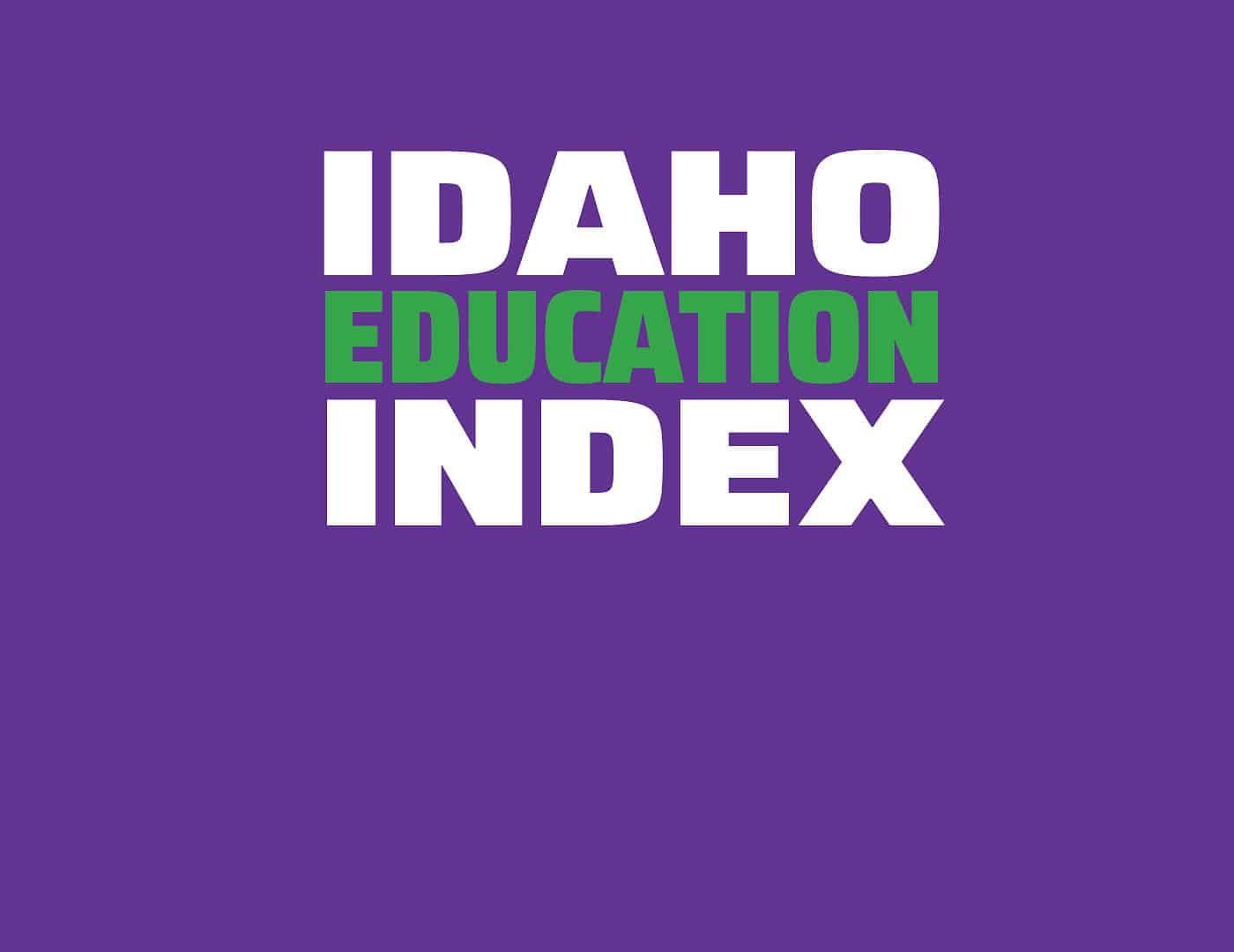


Bill Description: Senate Bill 1125 would amend open enrollment laws to allow students to more easily transfer between school districts or between schools within their home district. Districts would be allowed to reject transfer applications in limited circumstances, but they would not be allowed to discriminate against transfer students based on factors such as residential address, disability, or socioeconomic status. The bill would establish processes and procedures for reporting capacity and transfer data and would allow parents to appeal a denied transfer request or revocation of approval.
Rating: +3
Does the bill expand the existing government monopoly on education and shrink family and student choice or agency? (-) Conversely, does the bill expand the ability for families and students to choose the educational options that best meet their needs free of government intervention or coercion? (+)
Senate Bill 1125 would expand families’ ability to choose educational options for their children by amending open enrollment laws to allow students to more easily transfer between school districts or between schools within their home district. Districts would be required to implement open enrollment programs. They would be allowed to deny transfer applications of a student who had been expelled, had “a documented history of significant disciplinary issues” or “chronic absenteeism,” or if the district doesn’t have capacity.
(+1)
If a student is accepted to a new school or district under an open enrollment policy, the bill would allow districts to revoke its acceptance of a student who becomes chronically absent, commits serious and repeated disciplinary infractions, or is expelled. The district could also revoke a student’s acceptance if “[t]he school in which the student is enrolled exceeds maximum enrollment of resident pupils due to growth.” This restricts choice for students who live outside the geographic boundaries of the school they want to attend.
(-1)
Does the bill create more transparency or accountability in public education institutions? (+) Conversely, does the bill reduce transparency and accountability in such institutions? (-)
Senate Bill 1125 would create more transparency in public educational institutions by establishing thorough reporting requirements for capacity and transfer data. It requires every school district to “determine maximum enrollment for each grade-level.” The district must post on its website the capacity of each grade at each school at least four times a year. School districts would be required to submit this information to a state reporting system at least four times a year.
The State Department of Education would be required to “collect, analyze, and publish to its website the capacity and transfer data from each school district from the previous year.”
Additionally, Senate Bill 1125 would strengthen transparency by establishing that students can’t be transferred to another school “without the notification and consent of the pupil’s parent or guardian.” It would also require schools to inform parents of any circumstances that threaten their child’s status at a transfer school, such as disciplinary concerns or lack of capacity.
(+1)
Senate Bill 1125 also makes public educational institutions more accountable by allowing parents to file an appeal with the district if it denies their request for their child’s transfer. The school board would be required to consider the appeal at its next regular meeting.
If a student’s approval to transfer is revoked, parents can appeal the decision within five days of receiving notice of the revocation, and the school board must consider the appeal at its next meeting.
Parents would be able to appeal denials and revocations to the State Board of Education, which must consider them. “When appropriate, the state board of education shall consider the appeal at its next regularly scheduled meeting, where the parent and a representative from the receiving school district may address the state board of education.”
(+1)
Does the bill reinforce the idea of equal treatment under the law, merit, individual responsibility, personal agency, and expectations of academic excellence? (+) Conversely, does the bill allow for any type of discrimination against, or grant preferential treatment to, any individual or group for any purpose on the basis of race, sex, color, economic class, ethnicity, national origin, geographic area, legacy status, or other identity group? (-)
Senate Bill 1125 upholds the idea of equal treatment under the law by requiring all school districts to adopt an open enrollment policy that “prohibit[s] discrimination against any pupil on the basis of his residential address, ability, disability, race, ethnicity, sex, or socioeconomic status.”
(+1)
Analyst’s Note: Senate Bill 1125 would give priority in open enrollment to “pupils applying to attend another school within the home district.” All students deserve equal opportunity to choose the school that works best for them.
At the same time, school districts receive local funding. If a district has room for only one student, it would be fair for the district to prioritize a student who wants to transfer within the district because the local taxes paid by the student’s parents support that district.
(0)


